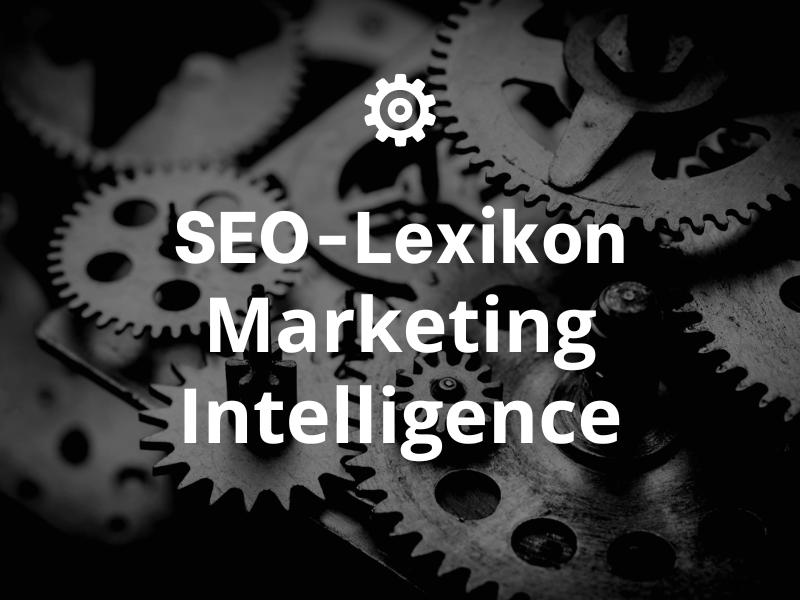Definition
Marketing Intelligence refers to the systematic collection, analysis and interpretation of information related to market participants, the market environment and competitive dynamics. In general, it includes techniques such as market research, customer analysis and competitor analysis. It is a strategic tool that helps companies make their decisions and optimize their competitive advantages.
Advantages
Marketing Intelligence offers companies a variety of benefits and helps them develop and implement a strategic marketing strategy. It can help improve market intelligence and identify trends and new opportunities that can impact the company's performance. It can also help encourage companies to increase their sales and profits.
Disadvantages
Due to the complexity of the market and the competitive nature of the business, it is Marketing Intelligence often a very time-consuming and costly undertaking. Some companies try to cut costs by ignoring individual aspects of the process, but this can lead to inaccurate or inadequate results. In addition, it can also be difficult to interpret the data effectively, as a variety of factors must be taken into account.
Use cases
Marketing Intelligence can be used for a variety of applications, including creating market segmentations, assessing market opportunities and risks, identifying market trends, and determining target audiences. Companies can also use it to develop their competitive strategy and verify that certain marketing activities are producing the desired results.
Examples
A company can Marketing Intelligence to perform segmentation of the customer base. With the help of segmentation, customers can be categorized according to their preferences, income, age, gender, and so on. In this way, companies can target their advertising and marketing to the specific audiences and increase sales.
Another example of the application of Marketing Intelligence is competitor analysis. With the help of competitor analysis, companies can identify the strengths and weaknesses of their competitors and understand how their own products and services areservices differ compared to other market participants.
Conclusion
Marketing Intelligence is a strategic tool that enables companies to understand and analyze the behavior of their customers and the dynamics of competition. It can help companies create market segmentations, identify market trends, and determine target audiences, helping them increase sales and profits. However, it can also be costly and time-consuming to collect the data needed and interpret it effectively.
« Back to Glossary Index


